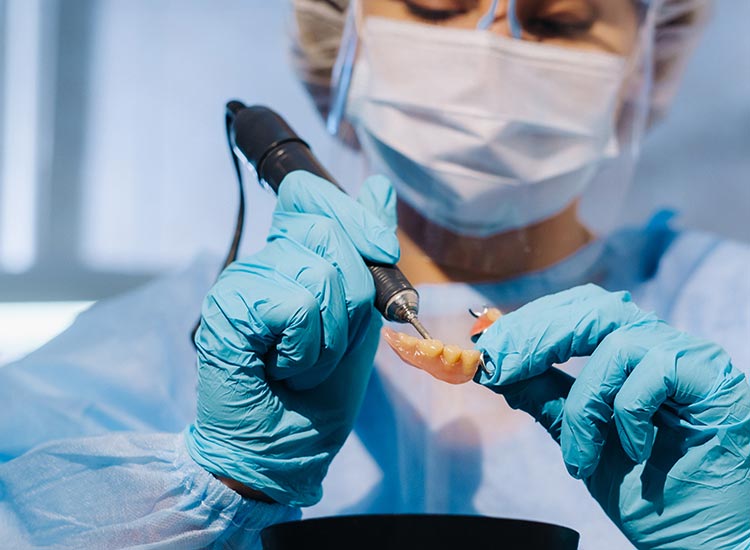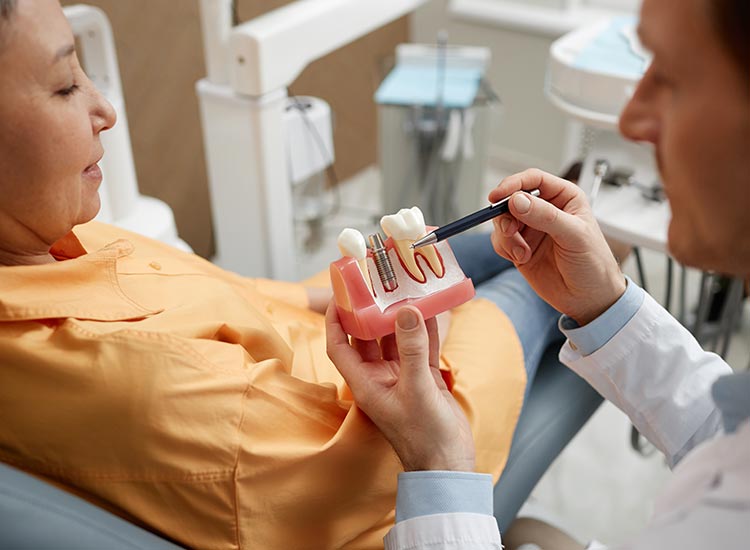What are the potential risks and complications of dental implant surgery?
While dental implant surgery is generally safe and successful, potential risks include infection, implant failure, nerve damage, and sinus complications.
Key Points to Consider
Good oral hygiene and regular dental visits reduce the risk of complications.
Infection at the implant site is one of the most common risks.
Implant failure can occur if the implant does not integrate with the bone.
Nerve damage may cause pain, numbness, or tingling.
Sinus issues can arise if implants are placed in the upper jaw.

Common Risks Associated with Dental Implants
Infection and Implant Failure
Infection can occur at the site of the implant if bacteria enter the surgical area during or after the procedure. Proper oral hygiene and following post-operative care instructions are essential to minimize this risk. Another concern is implant failure, which happens when the implant does not properly fuse with the jawbone (a process called osseointegration).
Patients who smoke, have uncontrolled diabetes, or suffer from gum disease are at higher risk of implant failure. Choosing an experienced dental surgeon and maintaining good health habits before and after surgery are critical steps. Early detection and treatment of any problems improve the chances of long-term success.
Less Common but Serious Complications
Nerve Damage and Sinus Problems
Nerve damage can result if the implant is placed too close to a nerve, leading to pain, numbness, or tingling in the lips, gums, or chin. While this complication is rare, it can sometimes be permanent if not addressed quickly. Careful planning with detailed imaging, such as 3D scans, helps surgeons avoid nerve areas.
In the upper jaw, dental implants placed too close to the sinus cavities can lead to sinus issues or infections. Some patients may require a sinus lift procedure to safely place implants in this region. A thorough evaluation by your dental specialist ensures that potential risks are minimized.

If you’re considering dental implants, consult with an experienced implant dentist to discuss your risks, benefits, and personalized treatment options!
